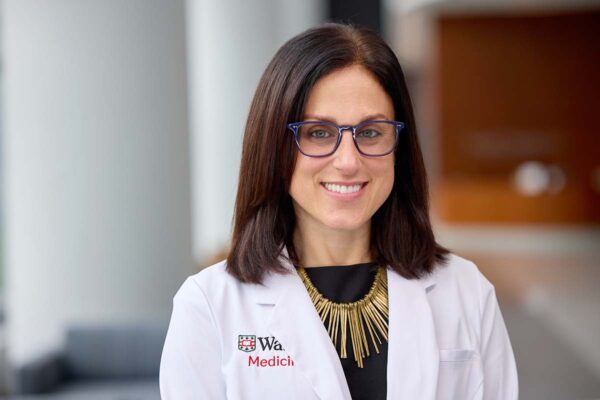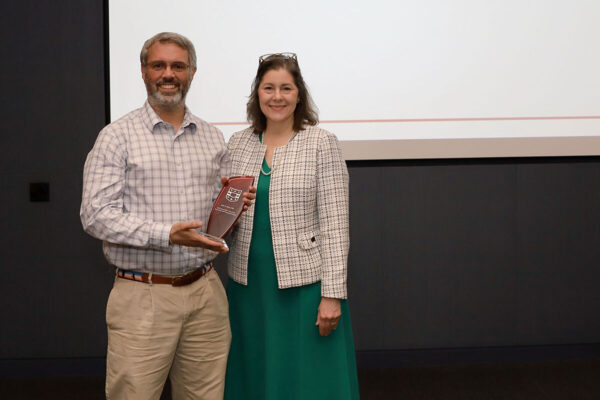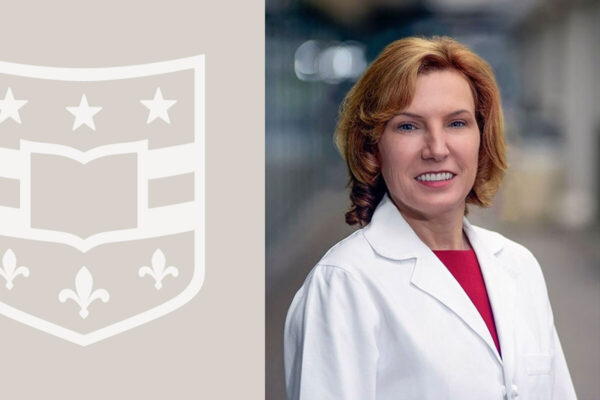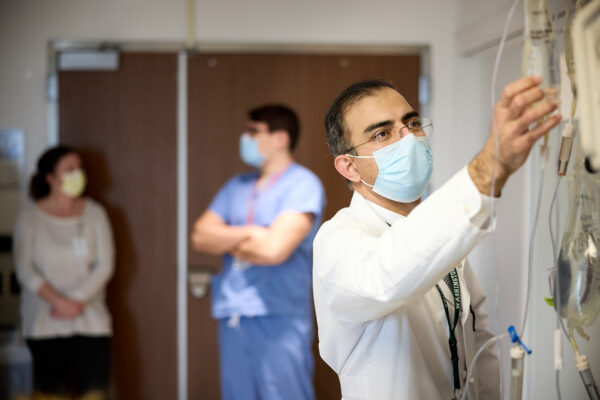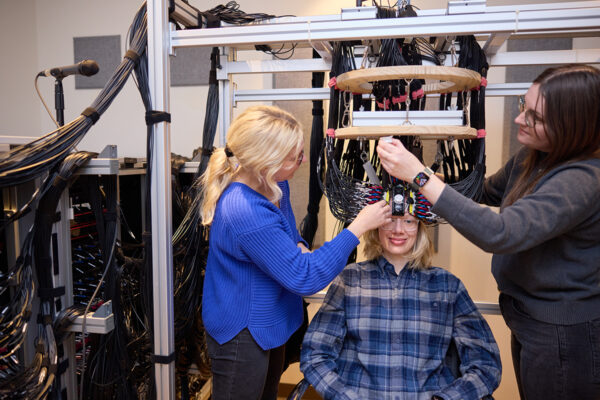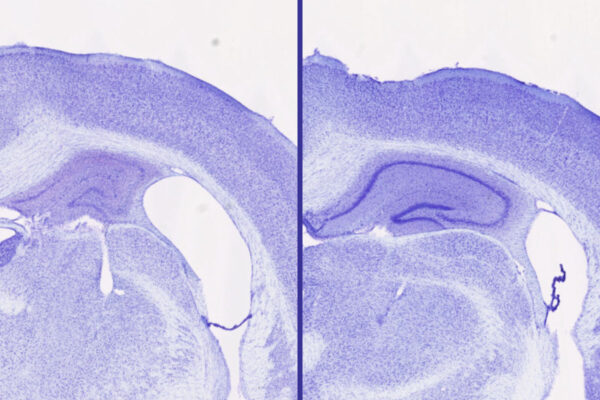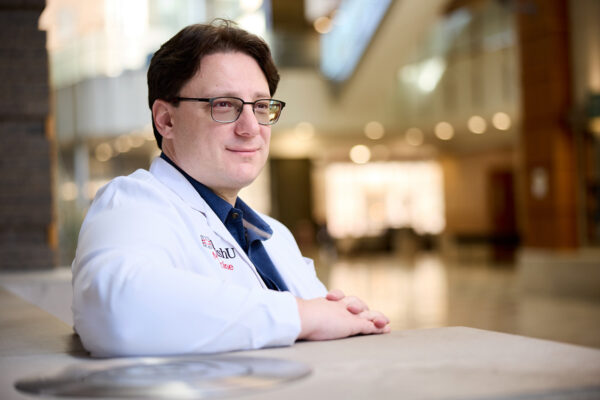Phillips-Cremins named BJC investigator
Jennifer Phillips-Cremins, a pioneer in understanding 3D genome structure and its impact on the brain, will join WashU Medicine as BJC Investigator.
Grant renewal funds research on longevity in mammals
WashU Medicine researcher Benjamin Garcia will receive $18.5 million from the National Institutes of Health (NIH) to study how long-lived mammals stay healthy into old age.
New approach reverses opioid overdoses more safely, rat study shows
Researchers at WashU Medicine led a study that offers a promising new way to reverse opioid overdoses without withdrawal symptoms.
Mitra receives innovation award
Robi Mitra at WashU Medicine has received the Chancellor’s Award for Innovation and Entrepreneurship. In addition, in 2024 WashU jumped 11 places to No. 26 on the National Academy of Inventors list of the top 100 U.S. universities granted U.S. utility patents.
Trautner to co-lead Division of Infectious Diseases
Barbara W. Trautner, MD, PhD, an internationally recognized physician-scientist, has been named the new co-director of the Division of Infectious Diseases in the Department of Medicine at WashU Medicine.
Innovative immunotherapy shows promise against aggressive T cell cancers
An international clinical trial led by WashU Medicine researchers shows an innovative CAR-T cell immunotherapy is promising against aggressive T cell cancers and has manageable side effects.
Fogarty awarded fellowship for post-stroke imaging studies
SPIE, the international society for optics and photonics, has awarded the prestigious SPIE-Franz Hillenkamp Postdoctoral Fellowship in Problem-Driven Biomedical Optics and Analytics to Morgan Fogarty, a graduate student at WashU Medicine.
Ten inducted into Bouchet Graduate Honor Society
The Bouchet Graduate Honor Society, established in 2005 by Yale University and Howard University, recognizes outstanding scholarly achievement while promoting diversity and excellence in doctoral education and the professoriate. WashU recently inducted five doctoral candidates and five postdoctoral fellows.
Sleep aid blocks neurodegeneration in mice
A new study by WashU Medicine researchers suggests that lemborexant and sleep aids that work the same way could help treat or prevent damage caused by harmful buildup of the protein tau in multiple neurodegenerative diseases, including Alzheimer’s.
WashU Medicine fungal specialists fight often misdiagnosed infections
WashU Medicine’s Invasive Fungal Infections Clinic has been named a Center of Excellence, Diamond Level, by the European Confederation of Medical Mycology in recognition of its three-fold excellence in diagnosis, management and research on fungal infections. It is one of two clinics with such status in the U.S. and one of 13 in the world.
View More Stories
